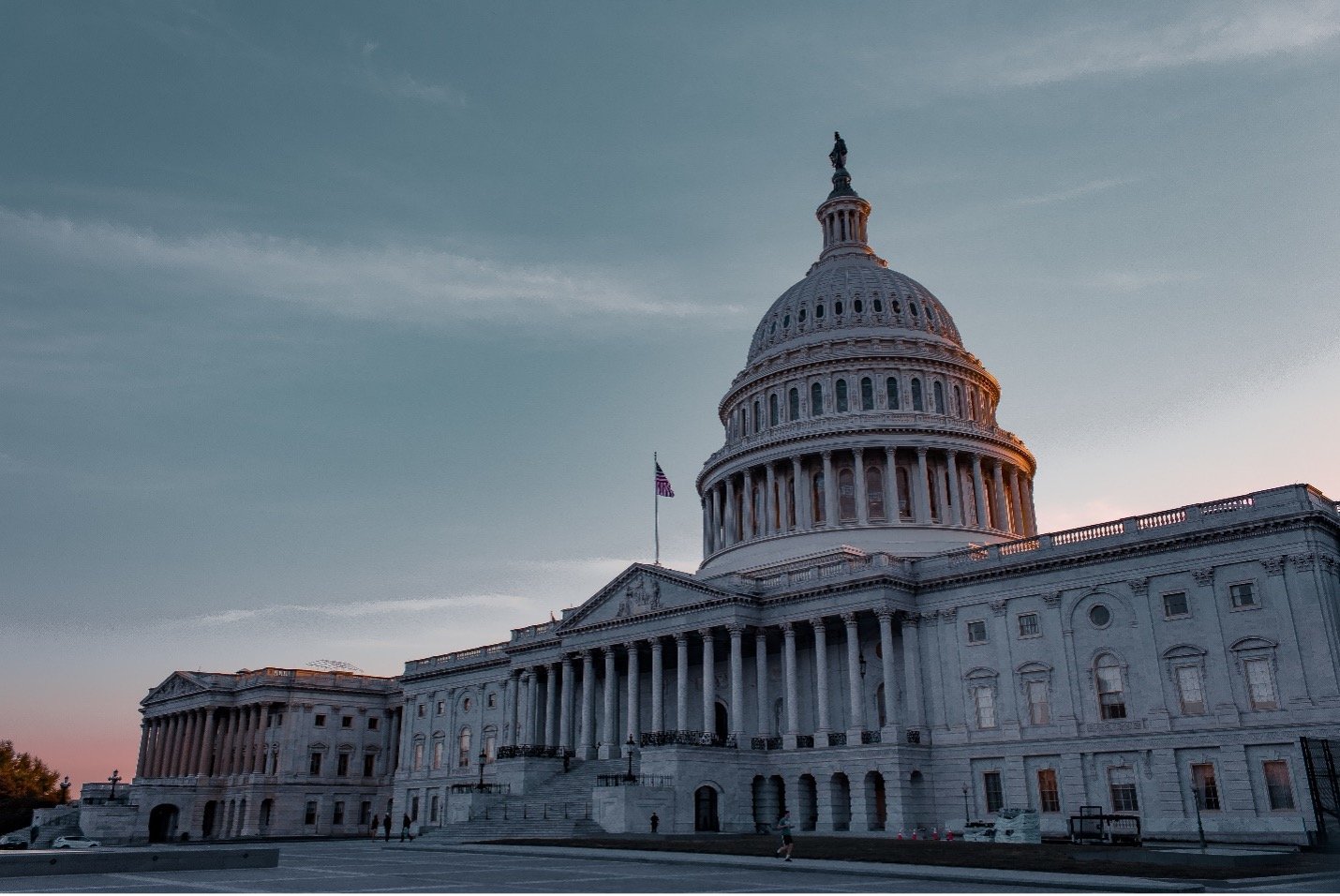One Big Beautiful Bill Act: New Implications of Hiring Employees

The One Big Beautiful Bill Act has several employer-focused tax benefits. It raises the SALT deduction cap, which indirectly aids pass-through businesses in high-tax states. New deductions for employee overtime and tip income may bring along the need for new payroll adjustments and an update of reporting. The Paid Family and Medical Leave Credit is now permanent and is expanded to include qualifying insurance premiums, which encourages employers to strengthen leave policies while reducing tax liability.
SALT Deduction Cap: Increased Limits and Extended Relief Through 2029
The State and Local Tax (SALT) deduction allows individual taxpayers to deduct certain taxes paid to state and local governments—such as income or property taxes—on their federal return. Originally uncapped, the SALT deduction was limited to $10,000 per year under the Tax Cuts and Jobs Act (TCJA), significantly reducing the federal deduction available to taxpayers in high-tax states.
THE OBBBA modifies and extends the SALT cap through 2029, offering temporary relief to affected taxpayers. The legislation raises the deduction limit from $10,000 to $40,000 for most filers, or $20,000 for married individuals filing separately. Beginning in 2026, these limits will be indexed for inflation through the end of 2029. Unless new legislation is passed, the cap is set to revert back to $10,000 in 2030.
The bill also includes a phase-down provision for higher-income taxpayers. For individuals with a Modified Adjusted Gross Income (MAGI) over $500,000, the deduction limit is gradually reduced. However, it cannot fall below the original $10,000 cap.
Notably, despite initial proposals, no changes were made to the deductibility of pass-through entity taxes (PTET) for Specified Service or Trade Businesses. These provisions remain intact under current law. A PTET election allows certain pass-through entities, such as partnerships and S corporations, to pay state income tax at the entity level rather than passing it to individual owners—effectively bypassing the federal SALT cap for eligible taxpayers. This election can be a powerful tool for efficient tax planning, especially for owners in high-tax states.
Taxpayers in high-income brackets or high-tax states should evaluate how the increased cap impacts their planning strategies between now and 2029—especially when paired with other itemized deduction limits.
Overtime and Tip Income: Temporary Federal Deductions Introduced
THE OBBBA introduces new temporary federal deductions for employees earning overtime wages and tip income, aiming to provide tax relief to lower- and middle-income workers in service and hourly industries. These provisions are set to take effect in 2025 and are available through 2028, creating a short window for eligible taxpayers to benefit.
Overtime Income Deduction
For the first time, eligible employees will be able to deduct overtime wages from their federal taxable income. This applies retroactively to qualified overtime worked in 2025 and remains in effect through December 31, 2028. Key Details:
- Employees must be non-exempt under the Fair Labor Standards Act (FLSA)
- Employees may deduct the pay that exceeds their regular rate of pay
- Example: If normal hourly rate is $20/hour and OT is $30/hour, the deduction would only be the $10/hour difference
- Deduction is capped at $12,500 per taxpayer or $25,000 for joint filers
- Overtime wages must be separately reported on W-2s beginning in 2026
- The deduction phases out by $100 for every $1,000 in Modified Adjusted Gross Income (MAGI) over $150,000 for individuals or $300,000 for joint filers
- Example: A single filer with $200,000 MAGI would see a $5,000 reduction in the deduction, lowering their cap to $7,500
Employers should be prepared to address potential employee questions about their exempt or non-exempt classification under the Fair Labor Standards Act (FLSA). Any consideration of reclassification must be handled carefully to ensure compliance with wage and hour laws and avoid unintended liability.
Tip Income Deduction
Similarly, THE OBBBA creates a deduction for tip income, also effective from 2025 through 2028. Key Details:
- Maximum Annual Deduction Cap: $25,000 per taxpayer
- Subject to the same income phase-out thresholds and calculations as the overtime deduction
- The Secretary of the Treasury will publish a list by October 2, 2025, identifying occupations that “customarily receive tips” and are eligible to claim this deduction
While these deductions are temporary, they offer savings for qualifying workers and should be factored into year-end planning and payroll reporting updates beginning in 2025.
Paid Family and Medical Leave Credit
THE OBBBA brings long-term certainty to employers offering family-friendly benefits by permanently extending the Paid Family and Medical Leave Credit, originally introduced under the Tax Cuts and Jobs Act (TCJA). This credit, designed to encourage voluntary leave policies, rewards eligible employers who provide paid time off for qualified family and medical reasons. Key Updates:
- The credit now permanently applies to wages paid for qualified family and medical leave under an employer-sponsored policy
- Credit rates remain between 12.5% and 25% of qualifying wages, depending on the wage replacement percentage
- New Expansion: THE OBBBA broadens eligibility to include premiums paid for qualifying leave insurance policies, not just direct wage payments
- Changes are effective for tax years beginning after December 31, 2025
This credit offers meaningful tax savings and positions businesses to stay competitive in attracting and retaining talent—especially as benefit expectations continue to evolve. Employers considering enhancements to their leave programs should ensure their policies meet the eligibility criteria and are properly documented to claim the credit.
Action Steps for Business Owners:
Revisit Itemized Deductions for High-Income Owners
- Model how the increased SALT cap (now $40,000) affects personal returns, particularly for owners in high-tax states
- Consider implications for pass-through entity taxes and whether to adjust compensation or entity structure
Update Payroll Systems
- Prepare to track and report overtime separately on W-2s beginning in 2026
- Identify employees eligible for new overtime and tip deductions, and plan ahead for compensation design changes
- Monitor IRS guidance for details on new reporting requirements and transition relief available for tax year 2025
Assess Leave Policies
- Review or implement paid family and medical leave programs that meet credit eligibility
- Consider leveraging the credit for insurance premium payments, not just direct wages
Incorporate Into 2025 Tax Planning Now
- Integrate these changes into budget forecasts, hiring plans, and compensation strategies for 2025
- Consult with tax professionals to model outcomes under the new law and determine the best course of action
Conclusion
The One Big Beautiful Bill Act introduces targeted tax relief for employers through increased deduction limits, wage-based exclusions, and expanded credits for family leave policies. While these changes offer opportunities to enhance employee benefits and reduce tax liability, they also come with new compliance requirements and planning considerations. Employers should proactively assess payroll systems, compensation strategies, and leave programs to align with the updated provisions.
Given the complexity and temporary nature of several measures, personalized advisory is essential to ensure your business maximizes available benefits while remaining compliant. Contact Ryan & Wetmore today to schedule a consultation and integrate these changes into your 2025 planning.
Today’s Thought Leader

About Salem Soin-Voshell
Finance Consultant
Salem Soin-Voshell is a Finance Consultant at Ryan & Wetmore. He focuses on implementing and building technology at the firm as well as providing clients with data-backed insights through tax research and financial modeling. Salem earned Dual Degrees in Computer Science and Economics at University of Maryland, Baltimore County.
Frequently Asked Questions
How does the One Big Beautiful Bill Act change the SALT deduction cap?
The OBBBA raises the SALT deduction limit from $10,000 to $40,000 ($20,000 for married filing separately) through 2029, with phase-downs for high-income taxpayers.
What new federal deductions does the OBBBA create for overtime and tip income?
From 2025–2028, eligible employees can deduct overtime pay above their regular rate and qualifying tip income, subject to caps and income phase-outs.
Is the Paid Family and Medical Leave Credit permanent under the OBBBA?
Yes. The OBBBA permanently extends the credit and expands it to include qualifying leave insurance premiums.
What payroll and reporting changes should employers prepare for under the OBBBA?
Employers must track overtime separately on W-2s starting in 2026, identify eligible employees for new deductions, and update leave policies to meet credit requirements.


